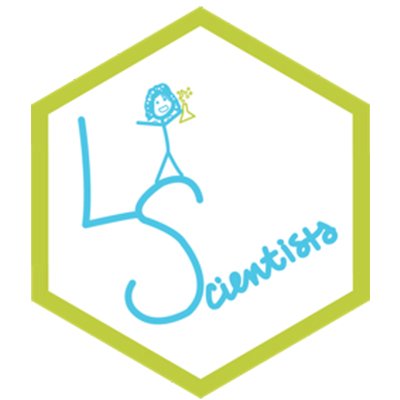Self-regulated learning describes a cyclical process of forethought, performance, and self-reflection that enables a learner to regulate, and thereby improve, their learning (1). Previously, I’ve reviewed research on the relationship between self-regulated learning and personality, Carolina provided a digest on fostering self-regulated learning in students, and she covered research on students’ self-regulated use of retrieval practice.
Self-regulated learning is particularly important in contexts like medical school where learners have to efficiently and independently learn large amounts of information. A recent study with medical students examined the effects of teaching about self-regulated learning and maintaining a learning diary on students’ self-regulated learning and course performance (2).
Researchers invited academically-struggling students to participate in a supplemental self-regulated learning course that took place over 5 weeks. The course was timed to align with a block of coursework on the nervous system that was challenging for students. Students completed online modules each week related to self-regulated learning, with short quizzes at the end of each session to assure that students engaged with the material. Students also completed a structure learning diary each week which came in two parts. The first part of the learning diary asked students about their study goals, estimation of study time, goal orientation, and self-efficacy for the nervous system content they would be studying that week. The second part of the learning diary asked them about their time spent studying, cognitive strategies, concentration, self-monitoring, self-evaluation, and reflection after studying for the past week.

